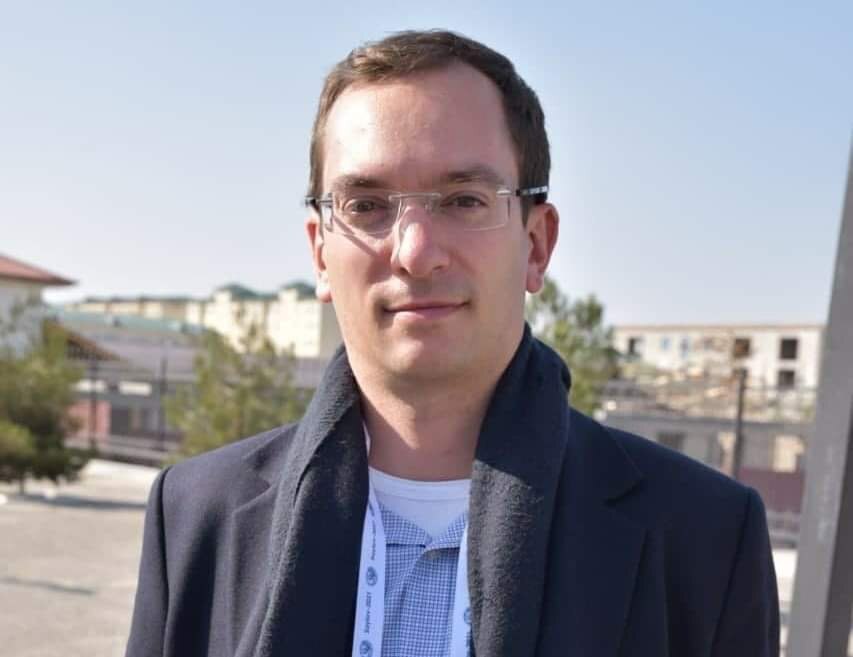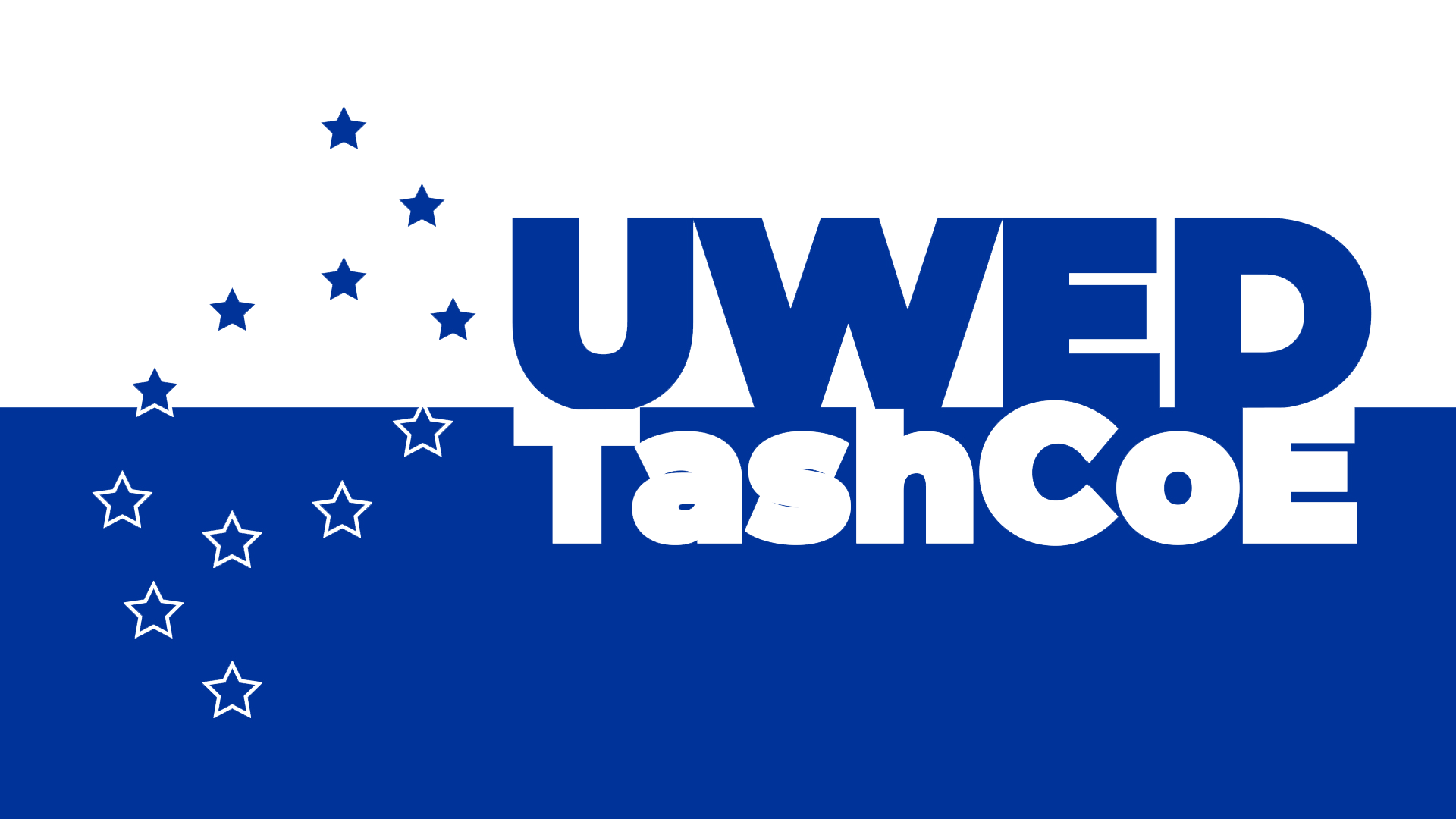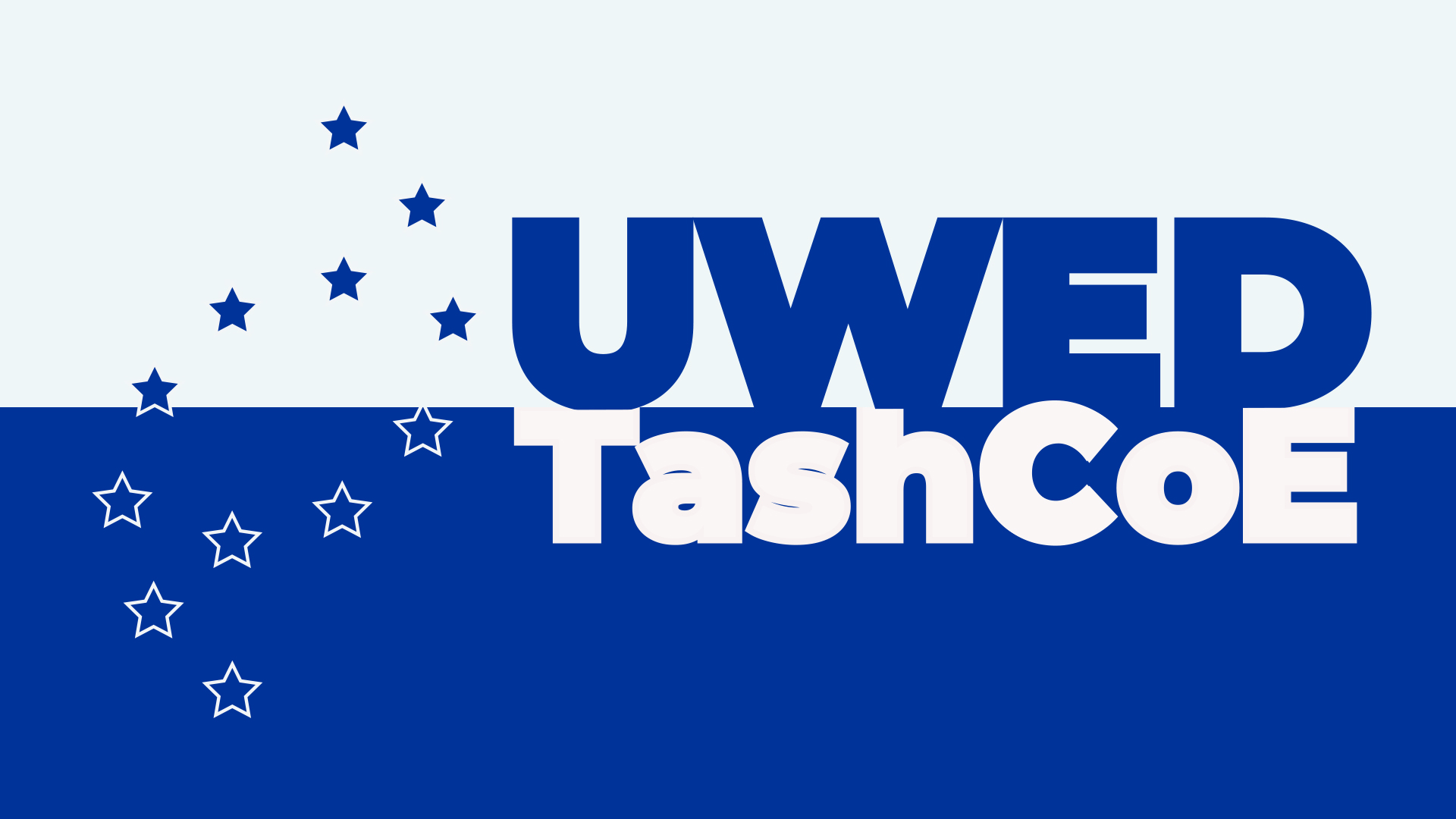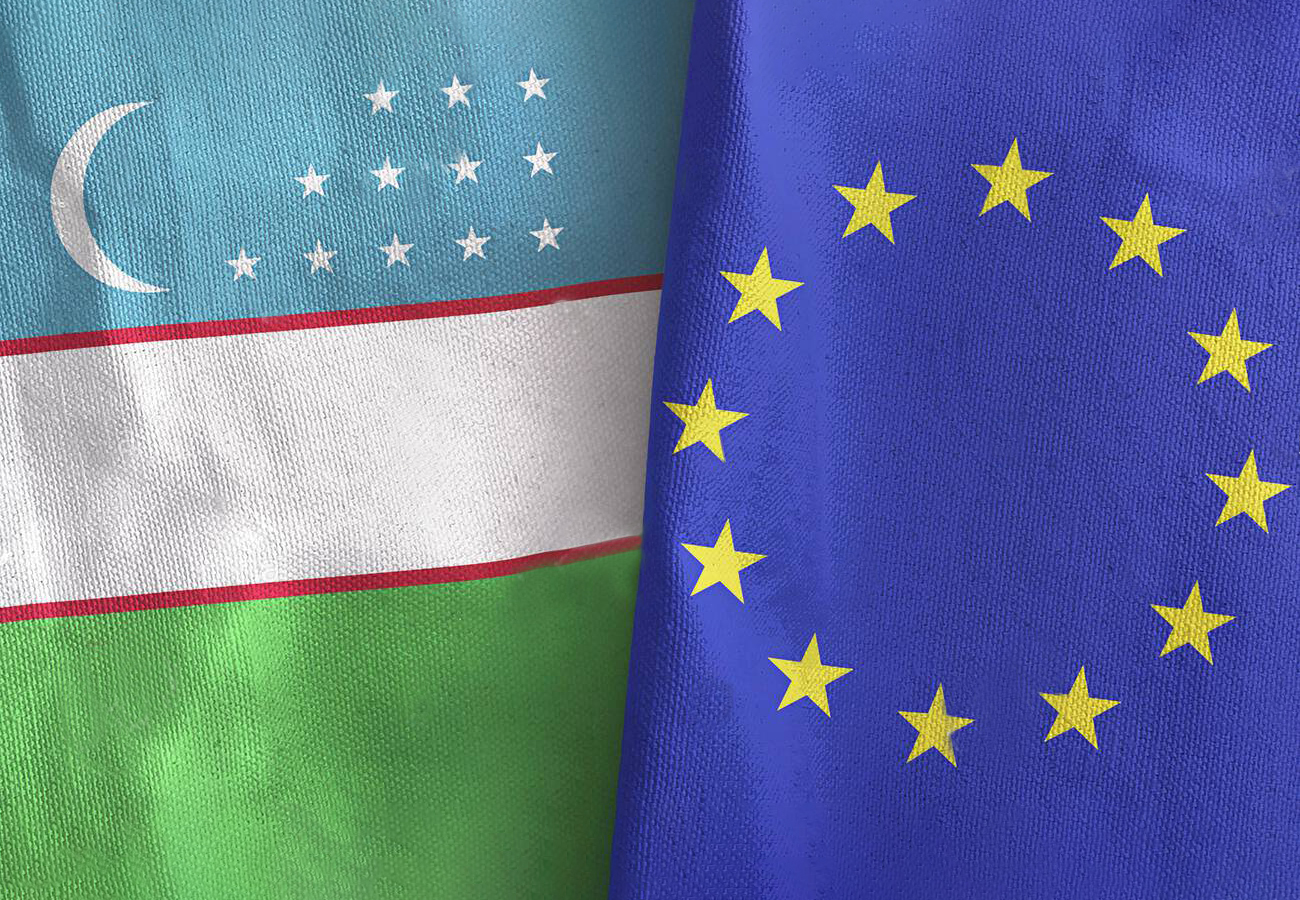Very good news last week from Brussels with the signature for the initiation of the EU-Uzbekistan Enhanced Partnership and Cooperation Agreement (EPCA), which replaces the previous agreement dating back to 1999 and provides a framework more in line and better suited to the current realities. Uzbekistan therefore becomes the second Central Asian country – after Kazakhstan – to reach an EPCA with the EU.
Inevitably, a lengthy process of ratification starts now. All Member States, in addition to the European Parliament, will have to give their green light to the EPCA, a process which could take a few years. In the case of the EU-Kazakhstan EPCA, there was an almost five-year gap between the date of signature (December 2015) and the date of entry into force (March 2020).
As outlined in the new EU-Central Asia Strategy, next-generation bilateral EPCAs “will be the cornerstone of engagement with the individual Central Asian Countries” including Uzbekistan. The EPCA will enable the EU’s engagement with Uzbekistan by translating the intentions and the objectives outlined in the EU-Central Asia strategy into practice, namely: resilience (covering areas such as human rights, border security and the environment), prosperity (with a strong emphasis on connectivity) and regional cooperation.
The resilience of the Uzbek state and society is also one of the priorities of the Global Strategy for the European Union’s Foreign and Security Policy for the wider European neighbourhood. As the document reads: “it is in the interests of our citizens to invest in the resilience of states and societies to the east stretching into Central Asia”.
Furthermore, the EU sees the EPCAs as tools to promote convergence with EU rules and standards and to remove barriers to trade, facilitating reciprocal market access in the process, contribute to the protection of intellectual property rights and geographical indications. The EU-Uzbekistan EPCA will also facilitate an intensified policy dialogue across a range of sectors such as environment and climate change, digitalisation, energy, transportation, education and youth, among others. Broadly speaking, the agreement contains political, social, economic and security co-operation frameworks which will reinforce the bilateral partnership, help increase Uzbekistan’s investment potential and facilitate opportunities for economic growth.
For Uzbekistan, the EPCA will contribute to positioning the new image of the country that has been implementing comprehensive reforms in the past several years. Indeed, the EPCA is a reflection of the growing importance EU attaches to the ongoing structural, administrative, political and economic reforms of Uzbekistan under the leadership of President Shavkat Mirziyoyev, which is seen in practice in the level of engagement between Brussels and Tashkent and the frequency of high-level visits both ways.
Among all the countries of Central Asia, Uzbekistan qualitatively stands out as the EU’s partner of choice. One reason for this is the evolving regional dynamics. The only country bordering all four other Central Asian republics, Uzbekistan has proved its pro-active position and constructive stance in the region, whether it is in the context of border dispute resolutions; initiating the (informal) annual summit of Central Asia leaders; or ongoing efforts to address the political and humanitarian crisis in Afghanistan, including through the upcoming International Conference on Afghanistan which will be held in Tashkent at the end of July – which follows on the 2018 Tashkent High-Level International Conference on Afghanistan “Peace Process, Security Cooperation and Regional Interaction” and the Tashkent High-Level International Conference “Central and South Asia: Regional Connectivity. Challenges and Opportunities” held in July 2021.
In parallel to the EPCA, there has also been an intensification of inter-parliamentary dialogue with the EU. In the realm of trade, earlier this year the EU granted Uzbekistan GSP+ status, allowing Uzbekistan to enhance its trade portfolio with the EU Member States by raising the number of commodity items it can export to the EU without import duties from the 3,000 it enjoyed under GSP to 6,200 under GSP+. This upgrade was made possible partly thanks to the end of systematic and systemic use of child labour and forced labour in Uzbekistan’s cotton industry.
Furthermore, the EU is giving technical assistance to facilitate Uzbekistan’s accession to the WTO. At the 5th Working Group Meeting on Uzbekistan’s accession to the WTO, held in June in Geneva, all 25 WTO member states present declared their full support for Uzbekistan’s entry into the organization. Nevertheless, WTO accession is a long, arduous and technically challenging process, which explains why no candidate candidate country has acceded to the WTO since 2016, when Afghanistan and Liberia joined. To this end, Uzbekistan’s Deputy Prime Minister Sardor Umurzakov has called on WTO members “to be more flexible in matters of new accessions, and [to] give special consideration to this effect”.
To conclude, it is expected that with the implementation of the EPCA, reciprocity between the EU and Uzbekistan will be deepened and diversified at all levels of cooperation.
Alberto Turkstra, Project Manager, Diplomatic World Institute; Co-Founder, Brussels-Uzbekistan Friendship Group & Advisory Council Member, Tashkent Jean Monnet Centre of Excellence for European Studies.






 English
English O`zbek
O`zbek